The Ballad of Reading Gaol, Oscar Wilde, Latimer J. Wilson illus. (F.M. Buckles & Company, New York, 1907)
6.5”x9.75″, 55pp, grey/violet cloth with gilt and black and white decorations and titles, top-edge gilt others deckled, corners bumped, binding and internal pages are in excellent condition.
The Ballad of Reading Gaol is a poem by Oscar Wilde, written in exile in Berneval-le-Grand, after his release from Reading Gaol on 19 May 1897. Wilde had been incarcerated in Reading after being convicted of gross indecency with other men in 1895 and sentenced to two years’ hard labour in prison.
During his imprisonment, a hanging took place. Charles Thomas Wooldridge had been a trooper in the Royal Horse Guards. He was convicted of cutting the throat of his wife earlier that year at Clewer, near Windsor. He was aged 30 when executed.
Wilde wrote the poem in mid-1897 while staying with Robert Ross in Berneval-le-Grand. The poem narrates the execution of Wooldridge; it moves from an objective storytelling to symbolic identification with the prisoners as a whole. No attempt is made to assess the justice of the laws which convicted them, but rather the poem highlights the brutalization of the punishment that all convicts share. Wilde juxtaposes the executed man and himself with the line “Yet each man kills the thing he loves”. Wilde too was separated from his wife and sons. He adopted the proletarian ballad form, and suggested it be published in Reynold’s Magazine, “because it circulates widely among the criminal classes – to which I now belong – for once I will be read by my peers – a new experience for me”.
The finished poem was published by Leonard Smithers in 1898 under the name “C.3.3.”, which stood for cell block C, landing 3, cell 3. This ensured that Wilde’s name – by then notorious – did not appear on the poem’s front cover. It was not commonly known, until the 7th printing in June 1899, that C.3.3. was actually Wilde. The poem brought him a small income for the rest of his life.
This edition, beautifully decorated by Latimer J. Wilson and published by F.M. Buckles & Company appears to be a very rare. There are no other copies of this edition currently on sale. I have found a few in private collections and libraries using WorldCat database but no copies appear to be in circulation.


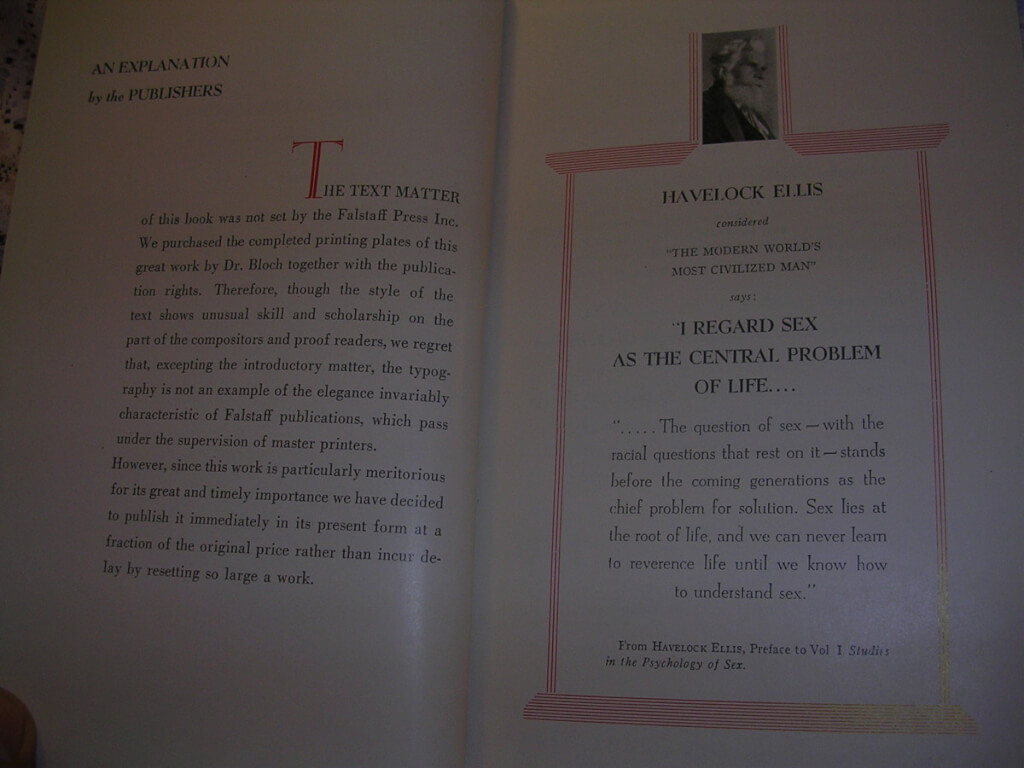
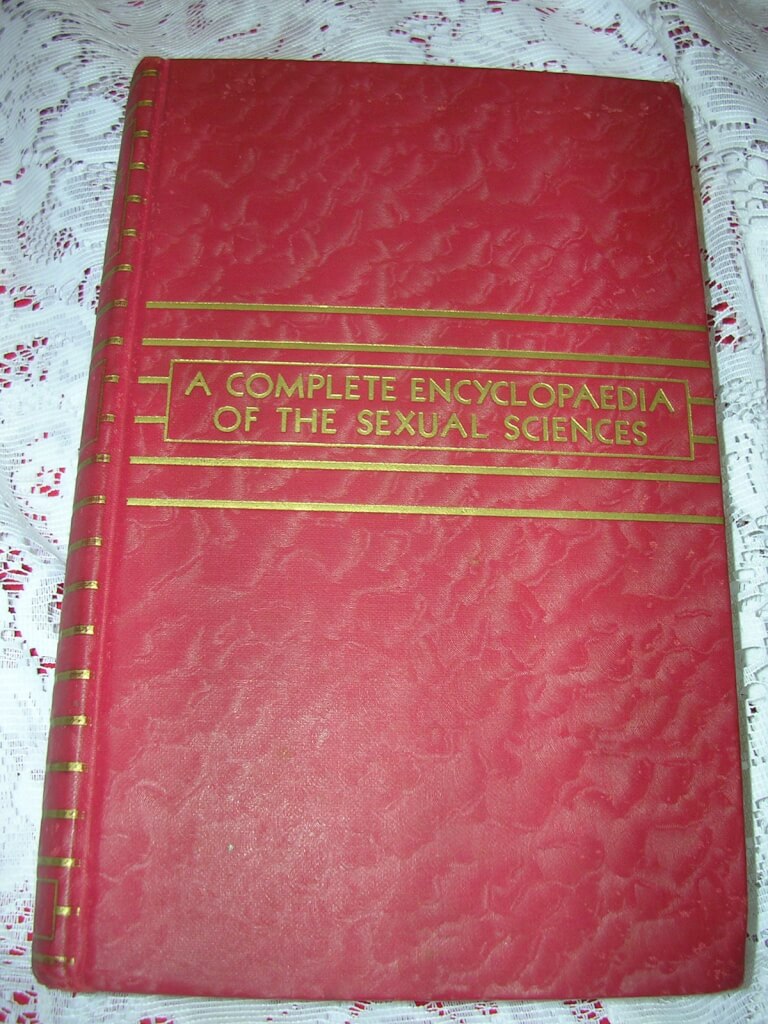
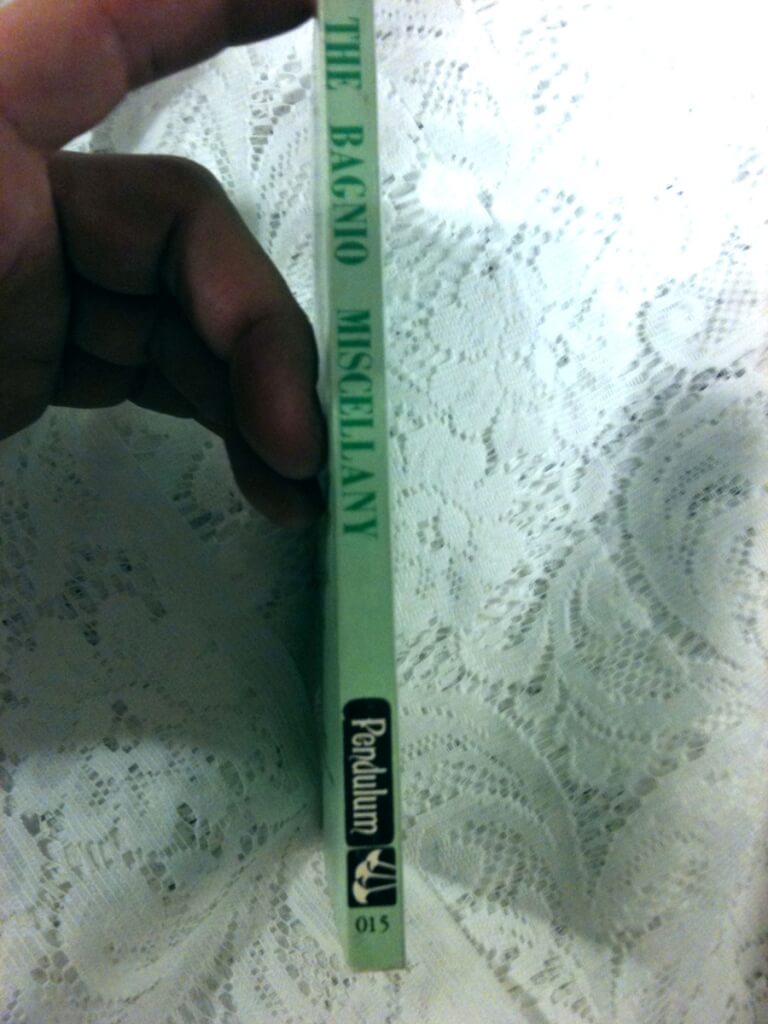
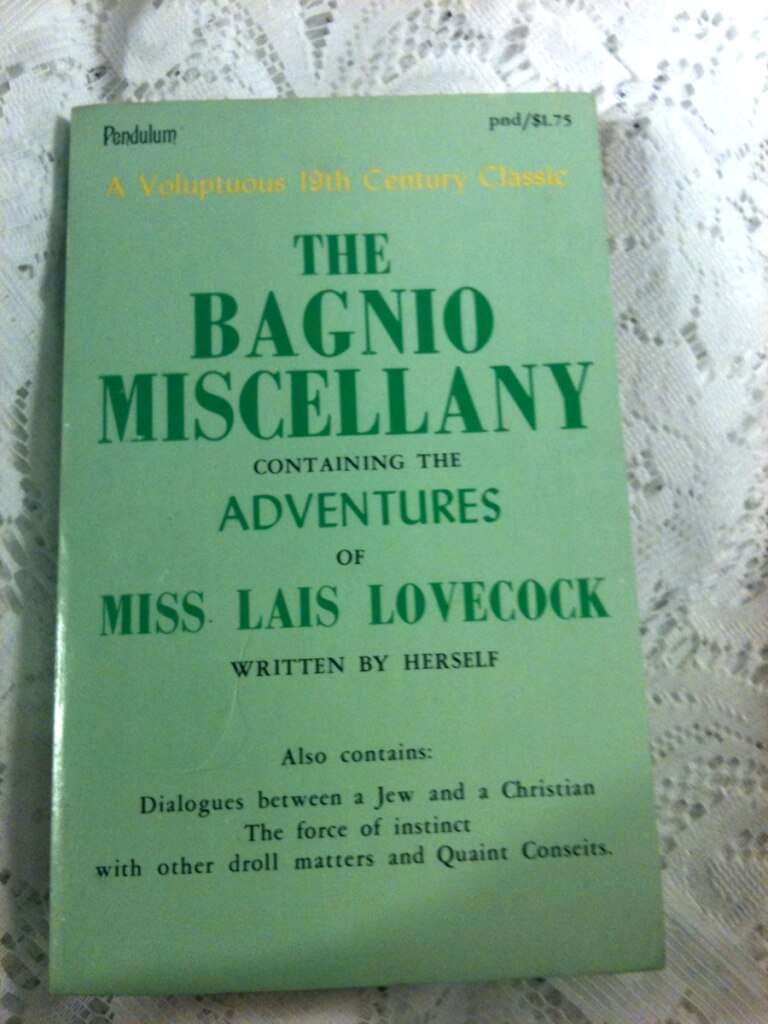
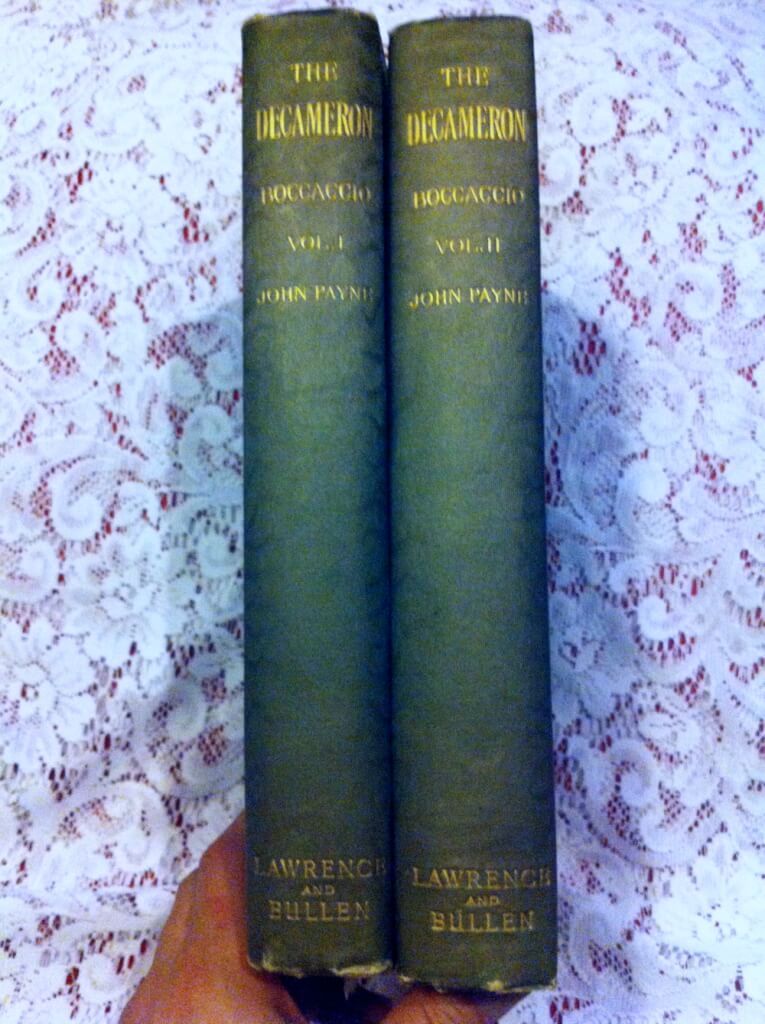
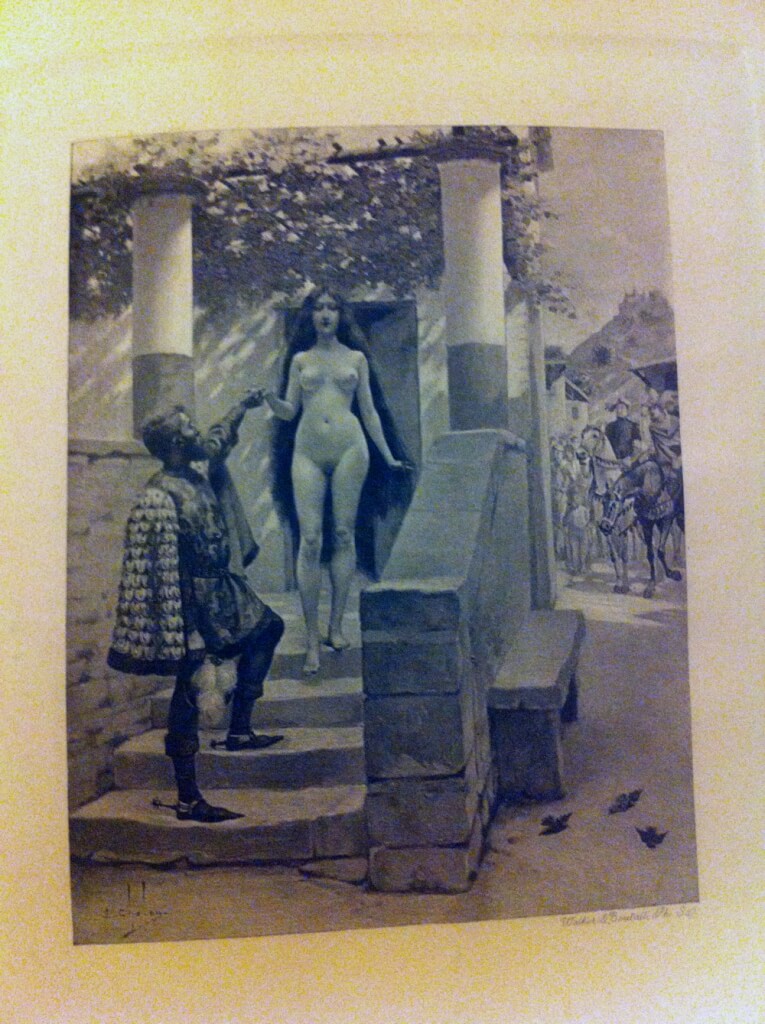
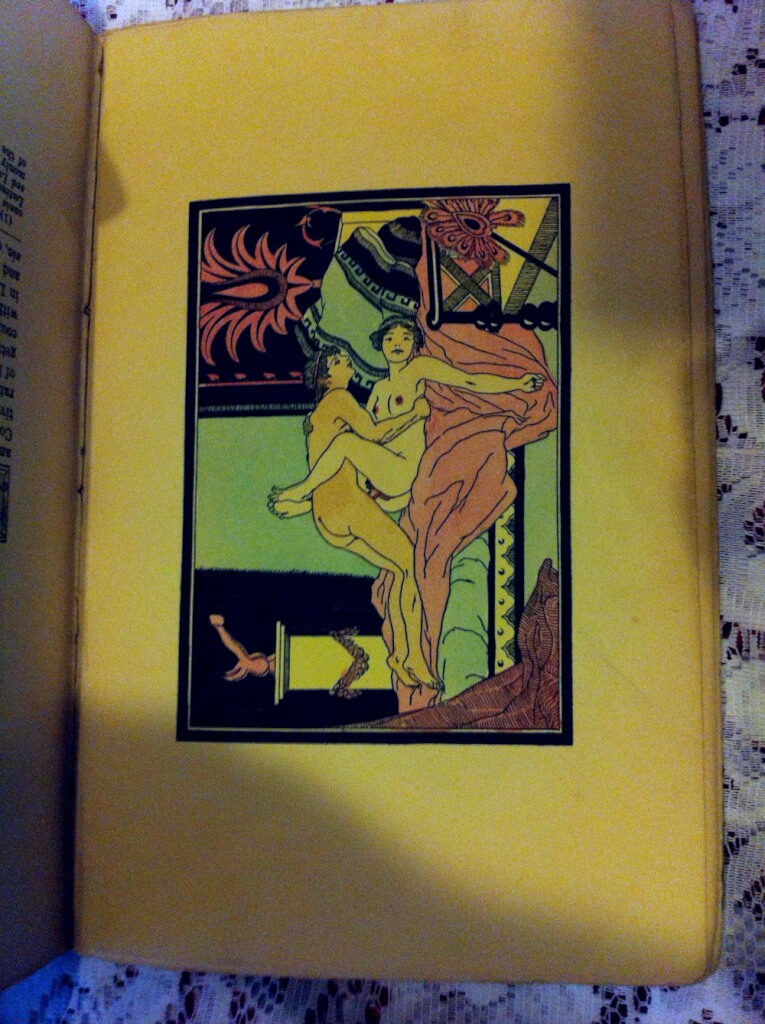
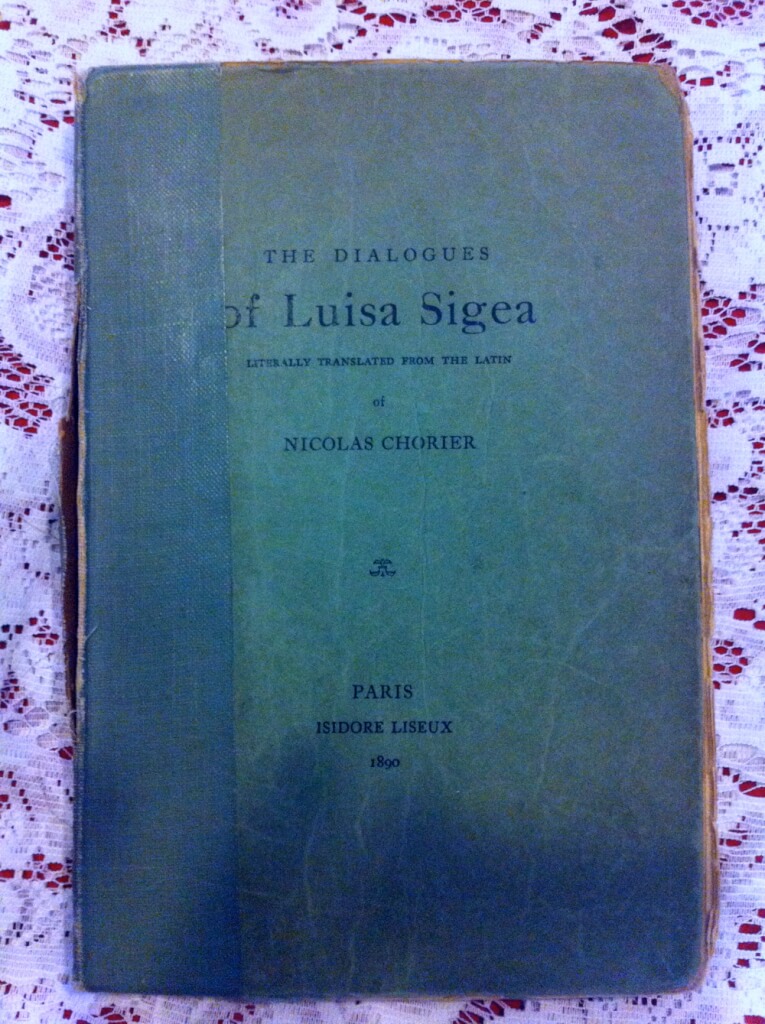
Reviews
There are no reviews yet.